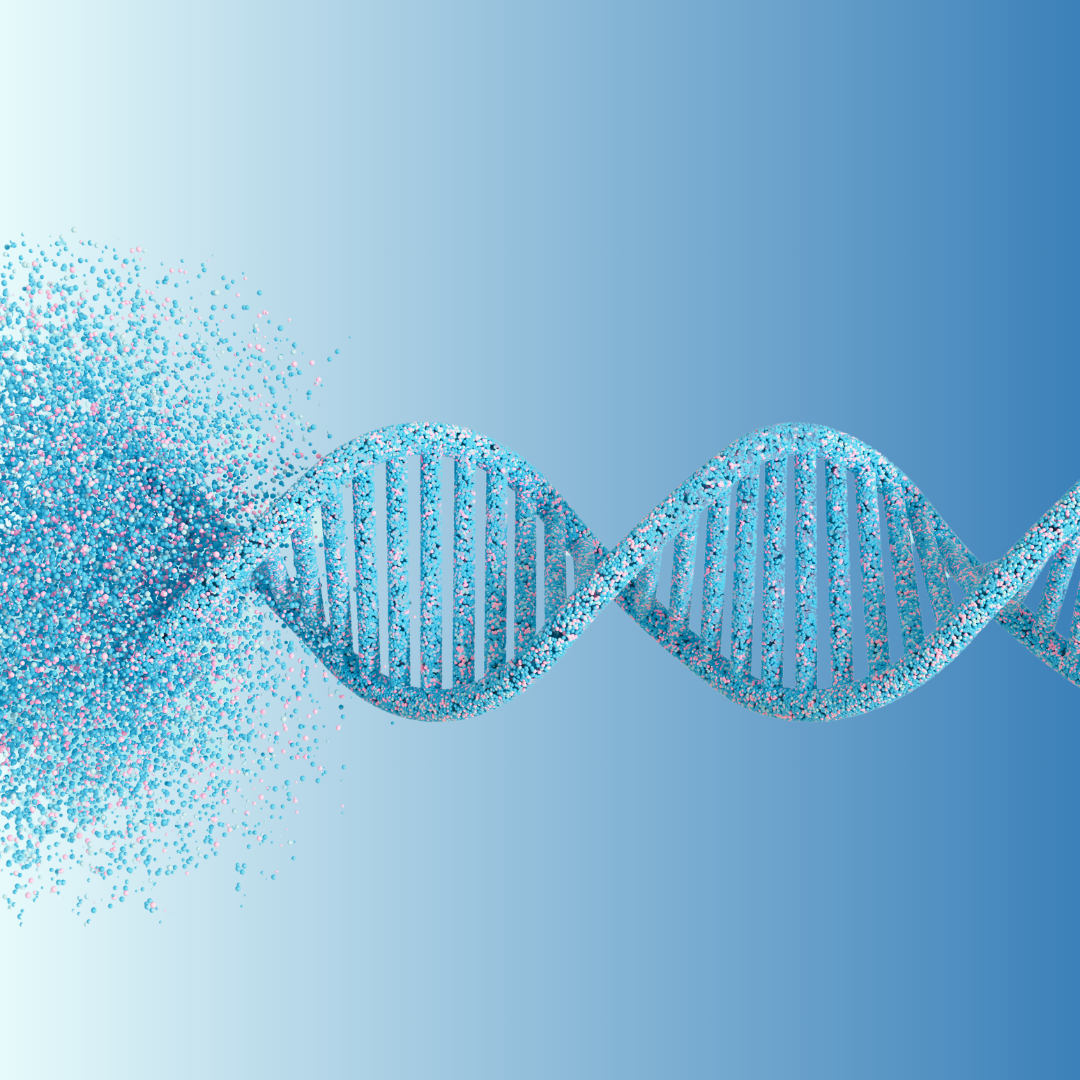Ethics Washing: The Misappropriation of Ubuntu in the Ethics of Heritable Human Genome Editing (HHGE)
By Anye Nyamnjoh,
EthicsLab
| 11. 15. 2024
In their argument for equal access to heritable human genome editing (HHGE) as a healthcare service for future generations, Shozi and Thaldar invoke Ubuntu, an African philosophy centered on communal harmony, as a moral foundation. However, their engagement with ubuntu reveals a deeper issue: ethics washing. This practice involves using superficial ethical language to legitimize an agenda — in this case, a liberal one focused on expanding HHGE policy—while concealing a lack of substantive engagement with the invoked principles.
This critique is particularly relevant given Thaldar and colleagues’ recent defence of South Africa’s amended research ethics guidelines, which now appear to permit this controversial form of human genome editing. By positioning ubuntu as a moral justification for HHGE, Shozi and Thaldar’s work aligns with this policy shift, lending it an ethical veneer rooted in African values. However, Ubuntu is invoked here to support predetermined liberal goals, such as distributive equality in access to HHGE, without substantively demonstrating how its principles justify these outcomes. As Nyamnjoh and Ewuoso have argued, their claim that participants in a South African public...
Related Articles
By David Jensen, California Stem Cell Report | 02.10.2026
Touchy issues involving accusations that California’s $12 billion gene and stem cell research agency is pushing aside “good science” in favor of new priorities and preferences will be aired again in late March at a public meeting in Sacramento.
The...
By Alex Polyakov, The Conversation | 02.09.2026
Prospective parents are being marketed genetic tests that claim to predict which IVF embryo will grow into the tallest, smartest or healthiest child.
But these tests cannot deliver what they promise. The benefits are likely minimal, while the risks to...
By Mike McIntire, The New York Times | 01.24.2026
Genetic researchers were seeking children for an ambitious, federally funded project to track brain development — a study that they told families could yield invaluable discoveries about DNA’s impact on behavior and disease.
They also promised that the children’s sensitive...
By Arthur Lazarus, MedPage Today | 01.23.2026
A growing body of contemporary research and reporting exposes how old ideas can find new life when repurposed within modern systems of medicine, technology, and public policy. Over the last decade, several trends have converged:
- The rise of polygenic scoring...




